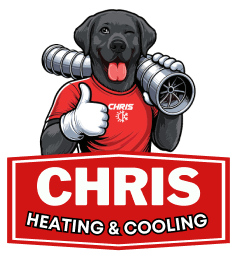Indoor air quality (IAQ) often goes unthought of in most people’s homes and businesses, but if left neglected IAQ can have detrimental health effects. Recently the EPA found people spend an average of 90% of their time indoors with air quality 2-5 times more polluted than outside air. For most, this may come as a shock, but there is a reason the EPA has rated IAQ as a top 5 environmental danger. With strong links to pediatric asthma and allergy development, indoor air quality is an issue that should not be taken lightly in your family’s home.
Symptoms you may experience from poor IAQ may vary depending on the particular contaminant exposure. Often IAQ symptoms are mistaken for allergies, stress, colds, or the flu.
- Coughing
- Sneezing
- Watery eyes
- Fatigue
- Dizziness
- Headaches
- Upper respiratory congestion
- Nasal congestion
- Nose bleeds
- Sore throat
- Infections
- Lung cancer
- Chronic lung diseases
- Asthma
- Heart disease
- Rashes
- Fever
- Hearing loss
- Myalgia
- Inadequate ventilation – contaminated air can’t escape, fresh air can’t get in
- Unmaintained heating and air conditioning systems accumulate dust and circulate poor air quality
- Dampness due to floods, leaks, or high humidity – creates mold and bacteria
- Occupant activities – cleaning, personal care, construction, smoking
- Combustion – burning of some form of fuel
- Old/outdated building materials – asbestos, wood treated with formaldehyde What can you do to improve the air quality in your home?





